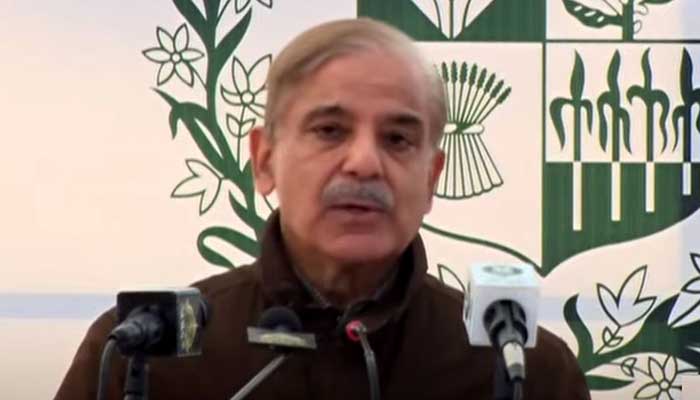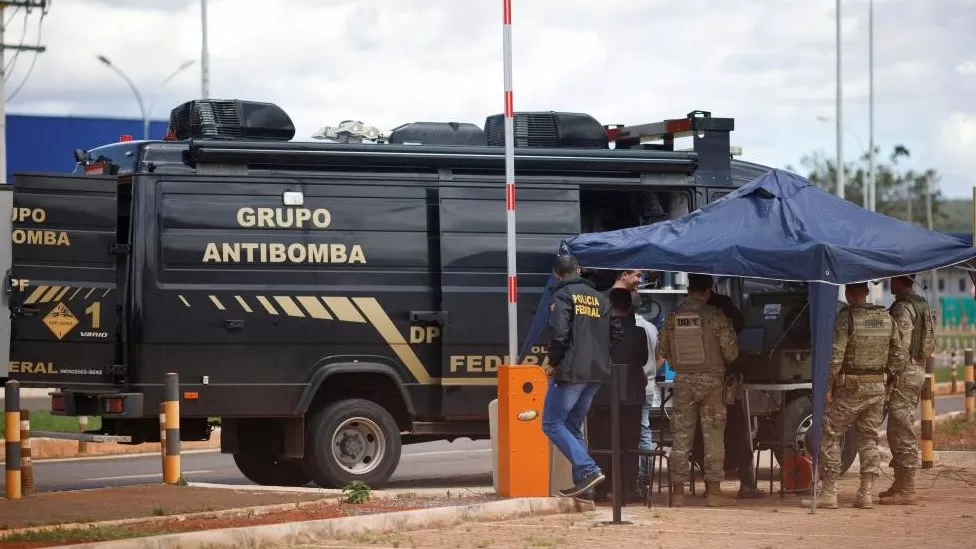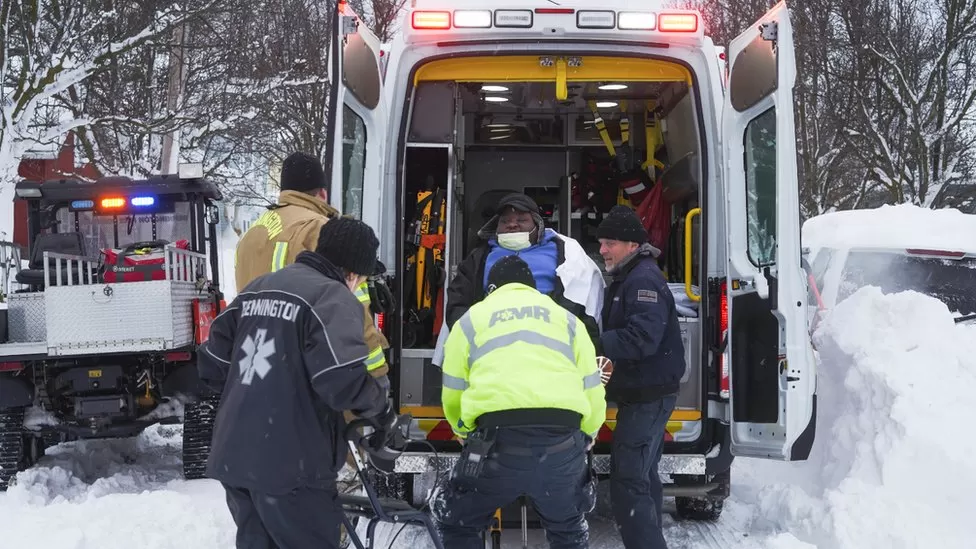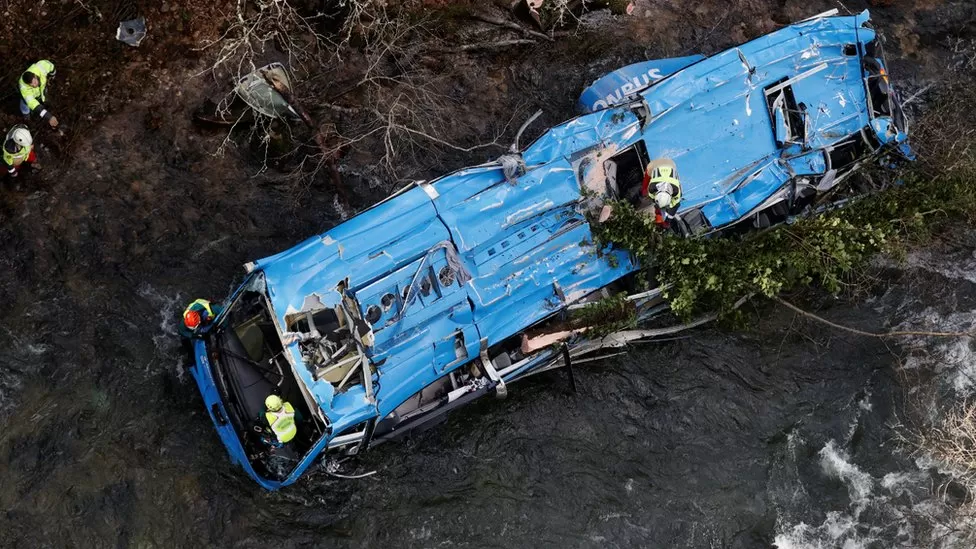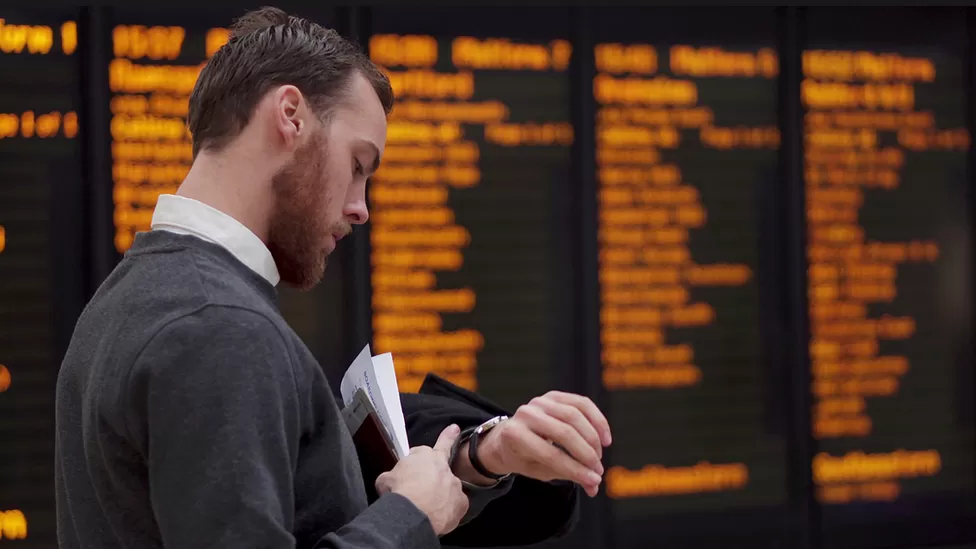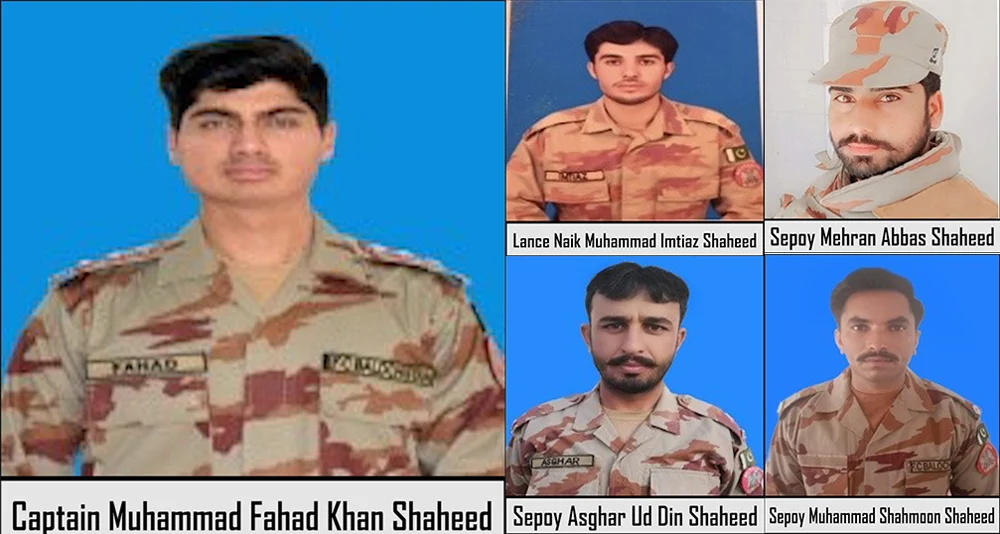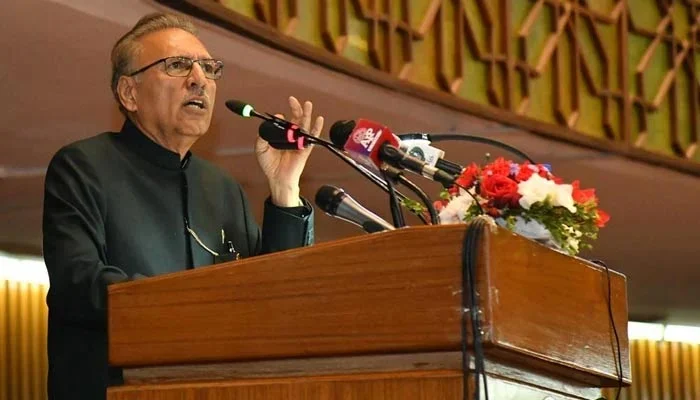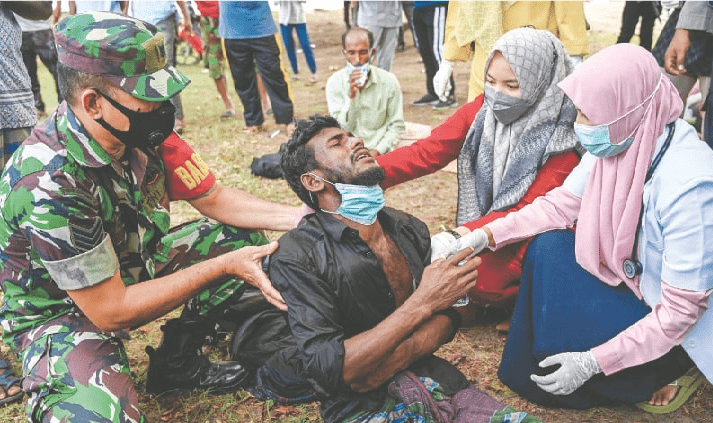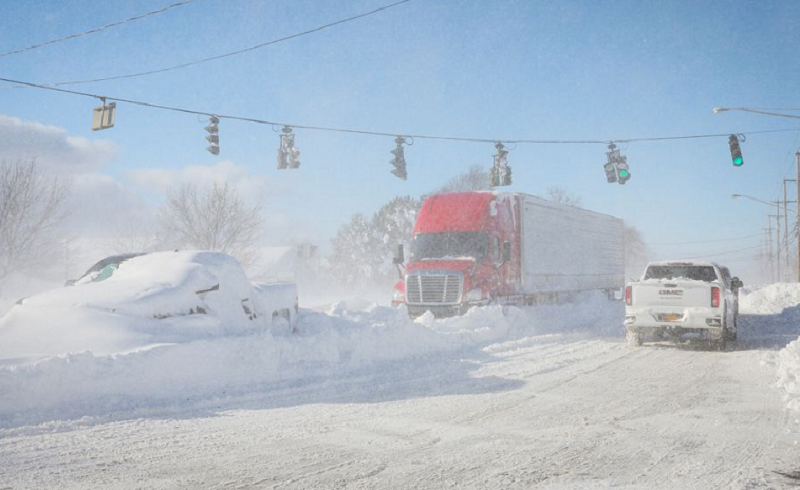As the country has been witnessing an uptick in terror incidents, Prime Minister Shehbaz Sharif Monday reiterated his resolve to uproot the menace of terrorism by using all resources available in Pakistan.
The premier, while addressing an event in Dera Ismail Khan, said that he will take all possible steps to control terrorism in all its forms in the country.
PM Shehbaz’s assurance came while commenting on the recent acts of militancy across the country, particularly highlighting the Bannu operation against the banned Tehreek-e-Taliban Pakistan (TTP) where its terrorists took over the Counter-Terrorism Department compound, which was later cleared by security forces.
“Security forces bravely combatted the terrorists in Bannu. Acts of terrorism have once again seen a rise in the recent weeks. Those who embraced martyrdom in Bannu are Pakistan’s heroes. The nation will remember them,” the premier said, speaking at an event following the launch of development projects in DI Khan.
He told the attendees about his visit to the Rawalpindi Hospital to meet soldiers injured in the Bannu operation. The prime minister also spoke about the spate of terror attacks in Balochistan a day earlier.
“Another terror attack took place in Balochistan yesterday. We are working hard to prevent them. We will employ all resources to uproot terrorism to bring peace in Pakistan,” Premier Shehbaz added.
He also assured the people of the eradication of extortion and other crimes.
Inauguration of development projects
Commenting on the state of development in Pakistan, the prime minister said that the country was led towards a disaster due to the wrong policies of the previous government.
While inaugurating development projects in district DI Khan and realising the dream of Pakistan Muslim League-Nawaz supremo Nawaz Sharif of constructing motorways across the country, he said: “Inaugurated development works in DI Khan today. [We] have also laid the foundation for the Sukkur-Hyderabad motorway. Nawaz Sharif’s dream of motorways from Peshawar to Karachi has come true.”
The premier also lambasted the previous government of Pakistan Tehreek-e-Insaf (PTI) for not doing the necessary infrastructural work in DI Khan and Zhob.
“The previous government did not even lay a brick for the DI Khan and Zhob corridor. The provincial government did not spend a penny on the project that the federal government completed in the past,” he said.
The premier went on to say that the Chashma Right Bank Irrigation Project (CRBIP) would irrigate millions of acres of land in Chashma, Mainwali.
“This government has eight months. We will work day and night,” PM Shehbaz said, highlighting the need for building dams to ensure prosperity in the country.
He said that he will ask Chairman WAPDA Lt Gen Sajjad Ghani to devise a plan and brief about the dam’s completion.
Speaking on the construction of an airport, the premier said that it will be a waste to invest money in the old airport as it gets flooded. He added that to ensure the success of the airport, the government will complete the project of an industrial state.
In a veiled reference to PTI Chairman Imran Khan, PM Shehbaz said that he had brought disrespect to the country after selling out precious gifts presented by foreign leaders given as a symbol of fraternal ties with Pakistan’s people, but the former ruler sold them out in open markets.
He added that when taking an oath, Imran Khan did not realise the economic disaster that Pakistan was heading towards, as it was on the verge of default. But following the efforts of the coalition government, with all relevant institutions and prayers of the nation, they saved the country.
The premier said the country is still facing economic challenges. He added that Pakistan suffered a whopping loss of about $30 billion due to floods and these woes were multiplied by global inflation and recession, the Russia-Ukraine conflict and the exorbitant price of gas and oil in the international market.
Safety advisories for foreign missions
Saudi Embassy in Pakistan has cautioned its citizens in Islamabad to remain alert amid tightened security measures in the country after recent terror attacks aggravate law and order.
“The embassy of the Custodian of the Two Holy Mosques in the Islamic Republic of Pakistan would like to warn all citizens residing and visiting the Islamic Republic of Pakistan of the need to take caution and not go out except for necessity, given that the authorities in the capital, Islamabad, have raised the security alert to the highest level,” the embassy shared its statement on Twitter.
Moreover, the Australian High Commissioner to Pakistan Neil Hawkins also cautioned citizens to remain vigilant amid the possibility of terror attack in the federal capital during holidays.
“Heightened security arrangements are in place and public events have been banned. Australian officials in Islamabad have been advised to increase vigilance and limit travel within the city. You should exercise heightened vigilance and monitor the media for latest updates,” the statement on the website of Australian department of foreign affairs and trade read.
A day earlier, the US Embassy in Islamabad also advised its mission personnel to avoid “non-essential and unofficial” travel in Islamabad days after a suicide bombing hit the city.
In a statement, the embassy said that the directions have been issued in light of Islamabad being placed on high alert due to security concerns.
“As Islamabad has been placed on a Red Alert citing security concerns while banning all public gatherings, the embassy is urging all Mission personnel to refrain from non-essential, unofficial travel in Islamabad throughout the holiday season,” the statement stated.


